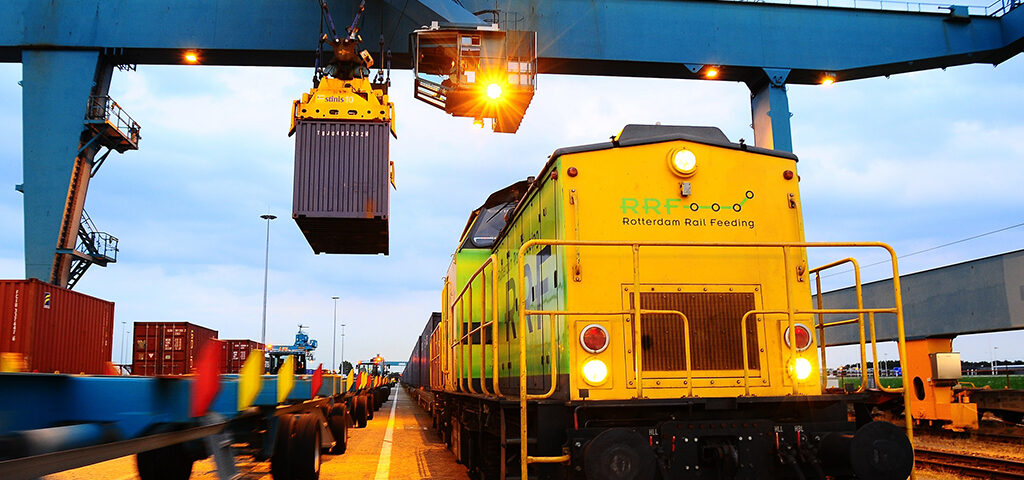Efficient port-related transport chains are key in the competition among ports,. Many forms of coordination are needed to ensure that the railway chain operates efficiently, including the bundling of cargo, and good organization between railway companies, terminal operators and the infrastructure managers to realize an efficient use of assets. In Europe the liberalization process of the railway market in Europe, has affected port-related railway transport. While providing this efficiency is to a large extent a coordination challenge, port studies have paid less attention to the economic organization of port-related railway transport in general, and specifically in the new liberalized institutional environment.
In a study published in the scholarly journal Transport Reviews, PortEconomics associate member Larissa van der Lugt and Martijn van der Horst discuss a framework to better understand the issue of coordination in port-related railway chains in a liberalized institutional environment.
Their study presents a conceptual framework rooted in Transaction Cost Economics (TCE).Based on an in-depth study into coordination in liberalized container railway market at the Port of Rotterdam, empirical illustrations are used to adjust the TCE approach toward a dynamic model influenced by Douglas North’s theory on economic and institutional change. Empirics from the port of Rotterdam show that new players have entered the railway market and their role has changed. Larisa and Martjin conclude that coordination of railway operations has become more complex after the regime change. From a port perspective, liberalization does not lead to an optimal allocation of resources in a process that is highly operationally interdependent. In the liberalized environment, coordination arrangements are necessary to enable efficient coordination of railway operations in Rotterdam.
To read the study visit the webpage of Transport Reviews: Port-related Railway Chains: An Application to the Port of Rotterdam












